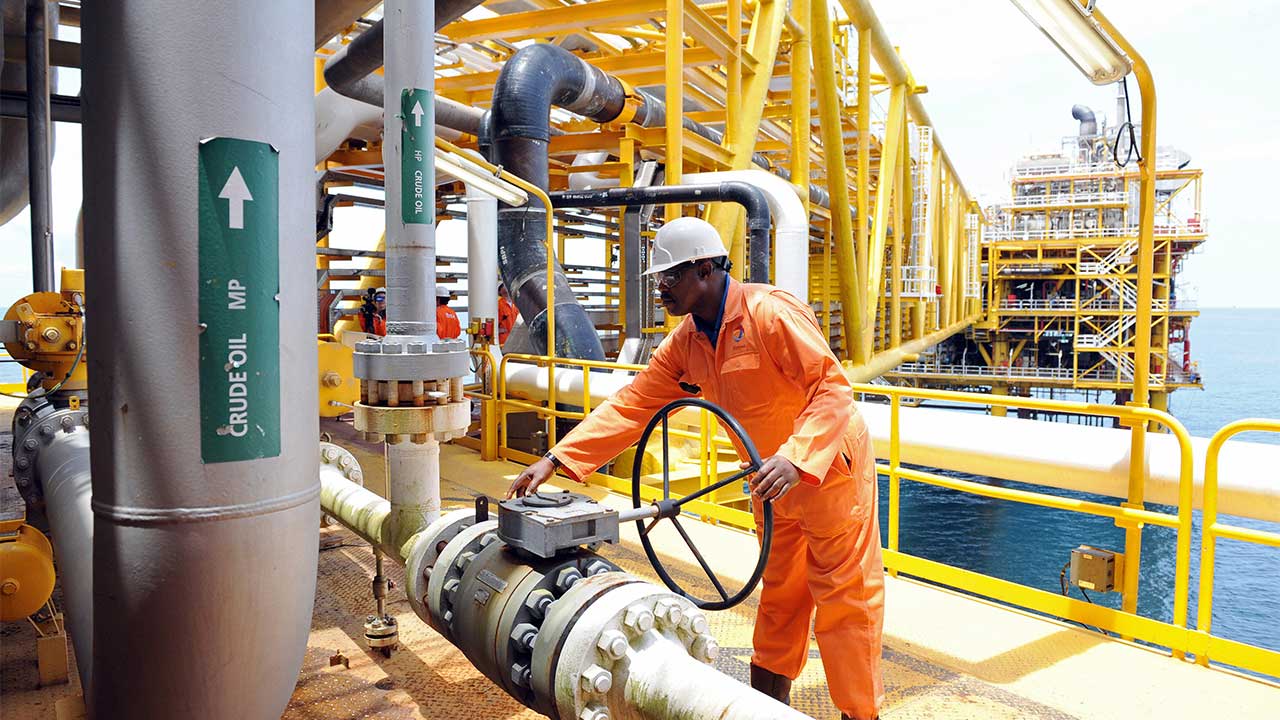 Executive secretary of the Nigerian local content development and monitoring board says the country has saved more than 5 billion dollars in domesticating training in the oil and gas sector.
Executive secretary of the Nigerian local content development and monitoring board says the country has saved more than 5 billion dollars in domesticating training in the oil and gas sector.
He says more can be done if there is a more conducive environment and right infrastructures in place.
Energy correspondent, Tolulope Ogunjobi reports that the Nigerian local content development and monitoring board was established in 2010 with the aim of increasing indigenous participation in the oil and gas industry.
Efforts by the board to build capacity and competitiveness has been challenged by the craving for international trainers and players in the industry.
This development has contributed to capital flight which is eating deep into the balance sheets of the country.
This gathering of oil and gas trainers is focused on assessing the journey so far with regards to improving local content.
For Lagos state government that has just joined the league of oil producing states, following the lifting of crude oil from the Aje field off shore Lagos, the need to build capacity in the oil sector is remains important.
Industry watchers agree that the absence of local capacity has resulted in the repatriation of billions of dollars into foreign accounts a trend that urgently needs to be stopped.





